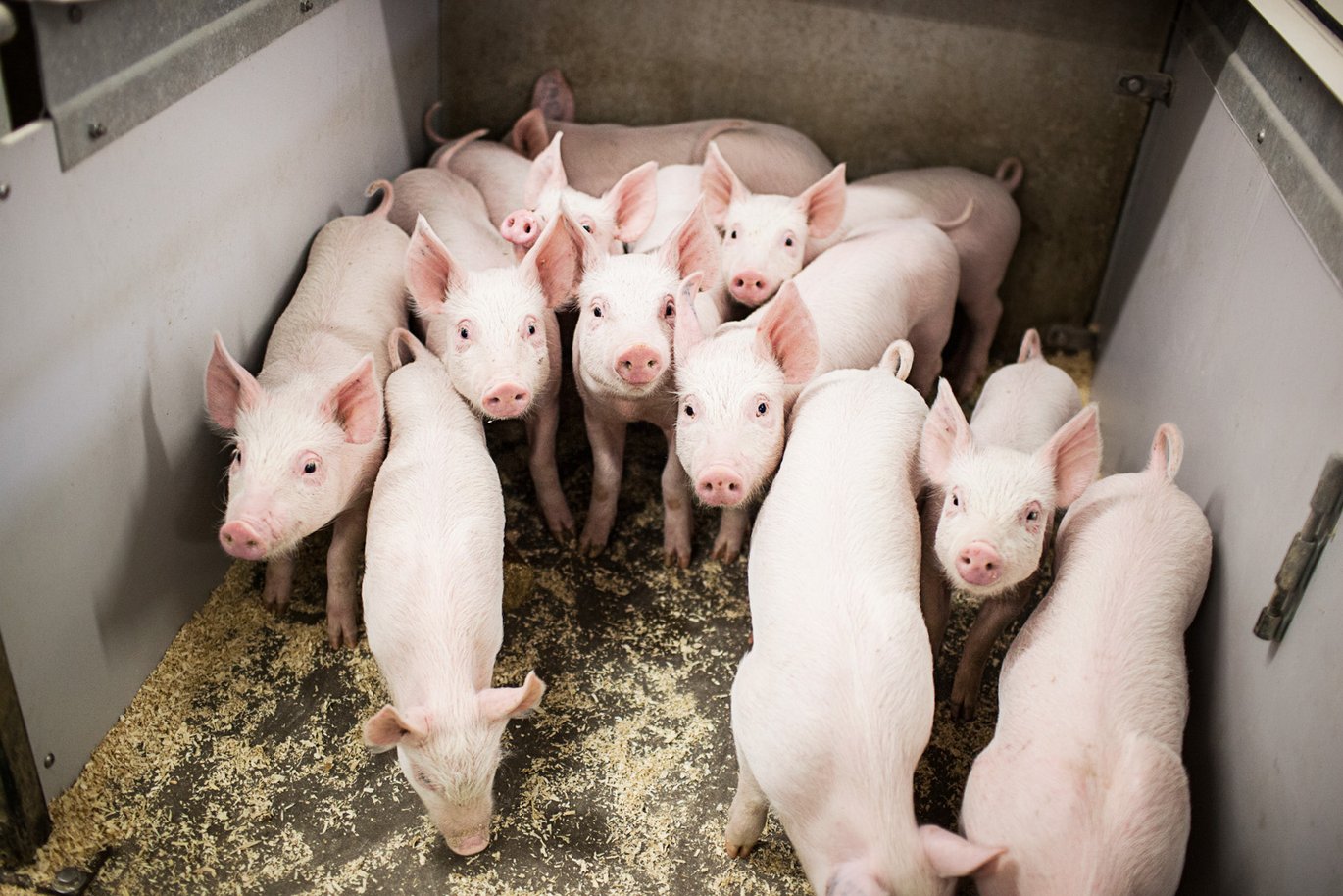New H2020 project: Link between primary production and the quality of pork and broiler meat
Aarhus University, Department of Animal Science, is one of the participants in a new big H2020 project linking extensive husbandry production to the production of quality meat from pigs and poultry.

‘mEATquality’ is a new project funded under the EU Commission’s Horizon 2020 Research and Innovation programme under Grant Agreement No 101000344. The project’s first annual meeting took place digitally on 19-20 January 2022. More than 60 people gathered to discuss and coordinate the many activities expected for 2022 and the following three years.
The delegates to the meeting were welcomed by project coordinator Hans Spoolder and by Valerio Abbadessa from DC AGRI of the EU Commission. Abbadessa stressed the importance of research into the quality, safety and authenticity of meat as part of the EU’s ‘Farm to Fork’ strategy.
An introduction to the key scientific disciplines and target commodities followed. mEATquality will work on all aspects of pork and broiler meat production. The overall ambition is to provide consumers with better-quality pork and broiler meat and to focus on animals with a high level of welfare by combining research and practical solutions together with farmers and chain partners. Additionally, a reduction of the chain’s environmental impact and an improved economic sustainability are part of the project.
All of these objectives will be achieved through a multidisciplinary team of 18 partners and organisations, representing seven EU countries.
The role of Aarhus University
Professor Lene Juul Pedersen from Department of Animal Science at Aarhus University in Foulum leads the Danish part of the project which is about animal welfare in pigs. At first, she will, together with her research colleague Tine Rousing, collect information from Danish pig herds. “These data will be used for describing the variation across intensive and extensive pig production in Denmark within animal welfare, economy and environmental impact. Next, we will conduct experimental studies aiming at examining the importance of production factors related to animal welfare on the quality of the meat”.
Additionally, the Danish Technological Institute is responsible for collection and analysis of meat samples and for sensory analyses of meat quality. Meat samples are collected from four countries (Poland, Italy, Spain and Denmark), and each country examines three different production factors. “In Denmark, we will examine the importance of space, enrichment and roughage availability which are all criteria in the Danish animal welfare labels for pork: ‘Better Animal Welfare’ under the ministry label Animal Welfare and ‘The Good Barn Life’ under Coop”, concludes Lene Juul Pedersen.
Wageningen Research (the Netherlands) coordinates ‘mEATquality’, and the consortium consists of seven academic partners1, five scientific research centres2, three industry chain partners3, two organisations that represent the organic sector4, and one conventional meat chain5.
1. Academic partners: Wageningen University (The Netherlands), Aarhus University (Denmark), University of Salamanca (Spain), University of Cordoba (Spain), Poznań University of Life Sciences – PULS (Poland), Saarland University (Germany), University of Rostock (Germany)
2. Europe’s scientific research centres: Wageningen Research (The Netherlands), Institute of Genetics and Animal Biotechnology of the Polish Academy of Sciences (Poland), Research Centre for Animal Production – CRPA (Italy), Stazione Sperimentale Industria Conserve Alimentari – SSICA (Italy) and Danish Technological Institute – DTI (Denmark)
3. The companies Marel (poultry, fish, meat & further processing equipment), CARREFOUR Spain (retail) and HUBBARD poultry breeders
4. Two organic sector representatives Ecovalia (Spain) and Naturland (Germany)
5. One conventional CLITRAVI, the Liaison Centre for the Meat Processing Industry in the European Union
